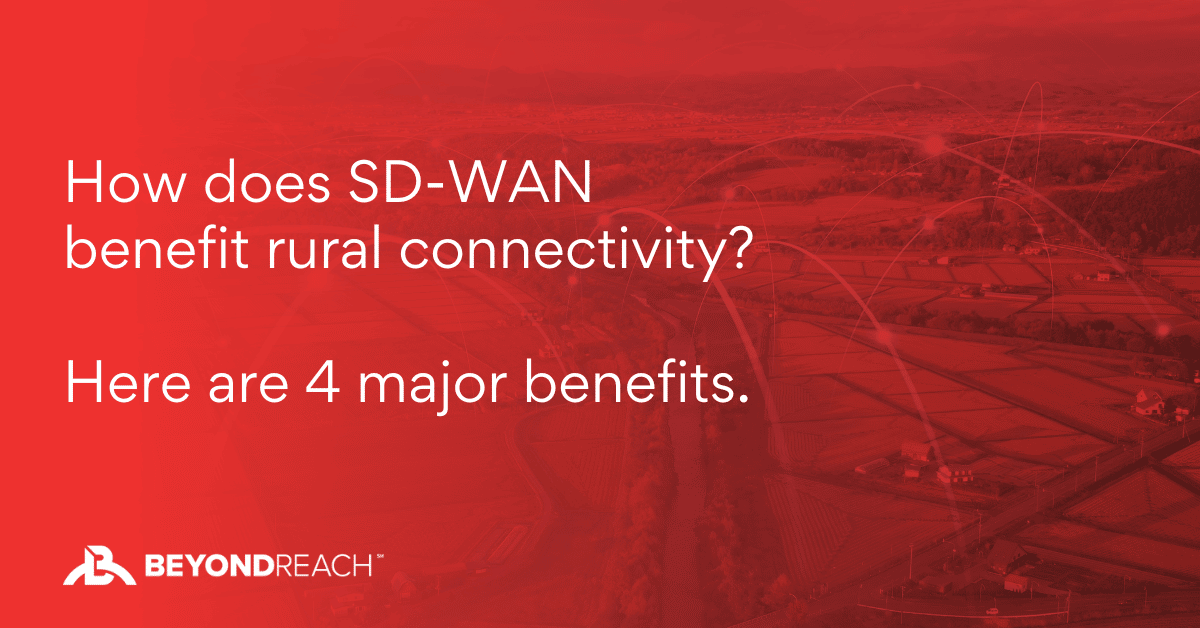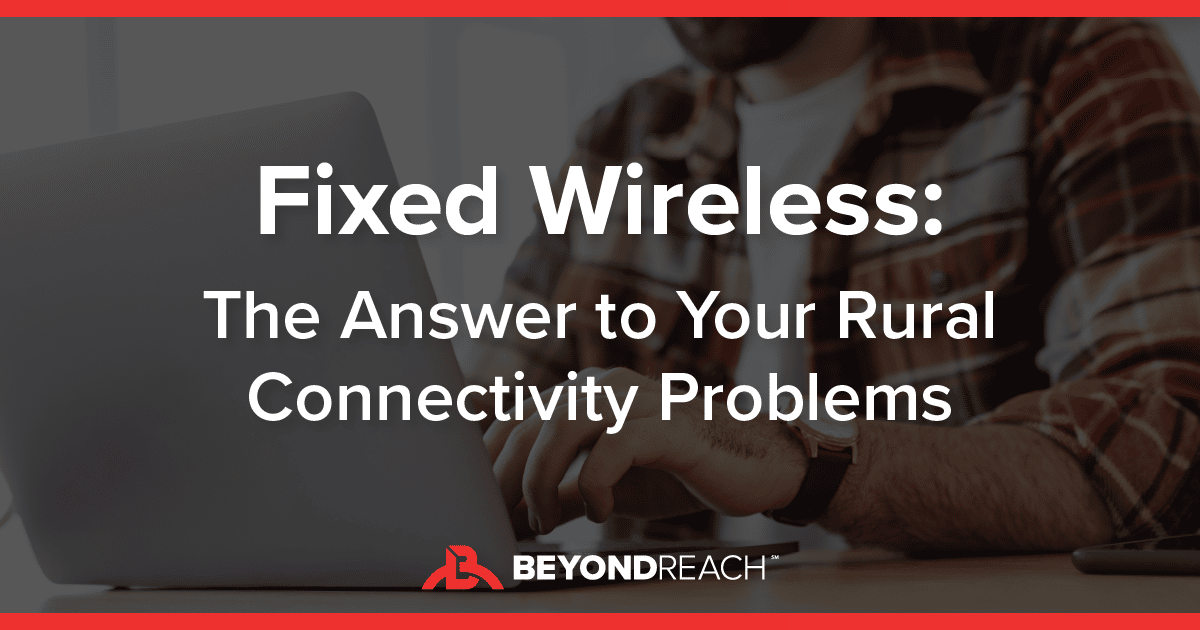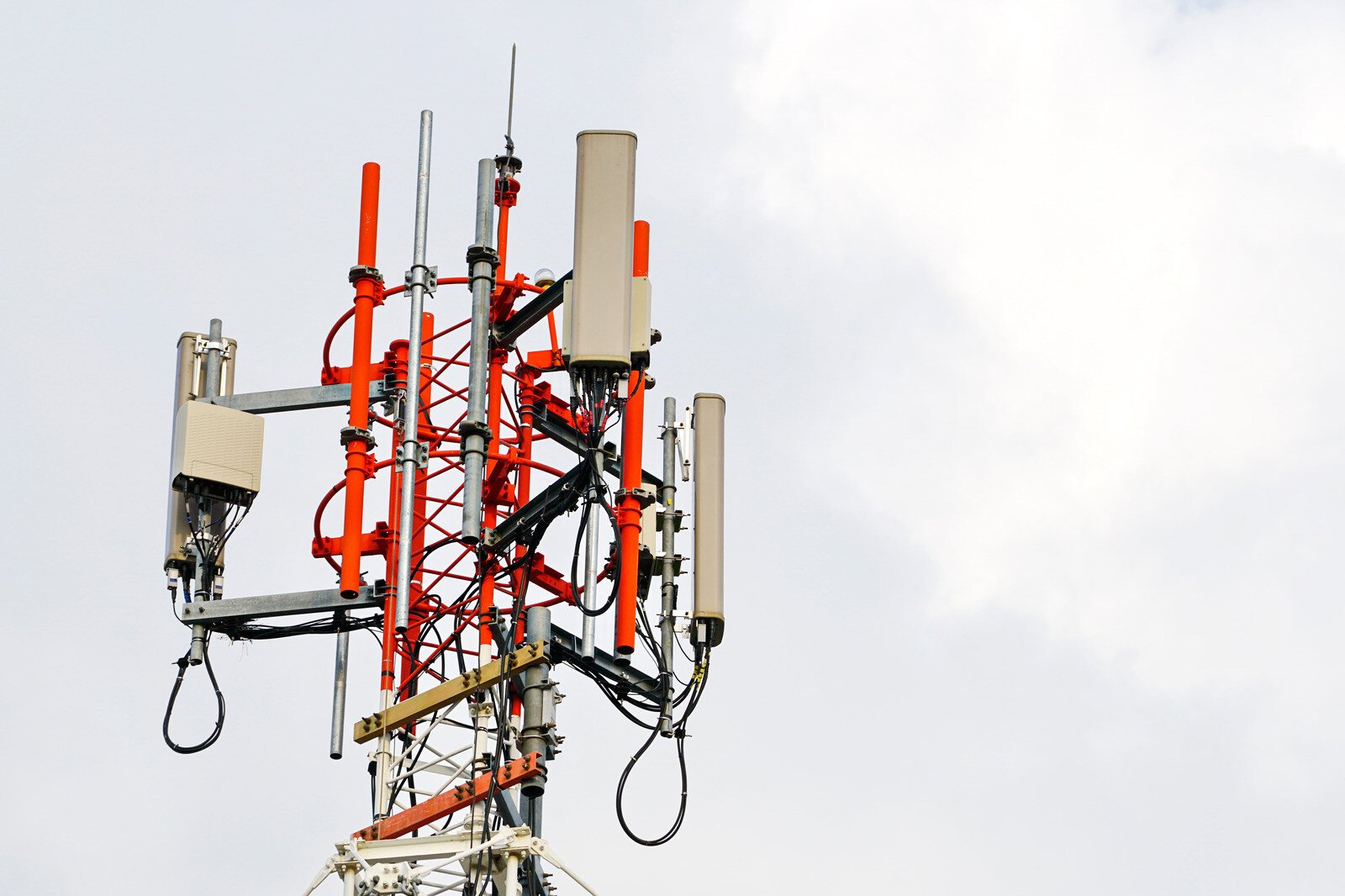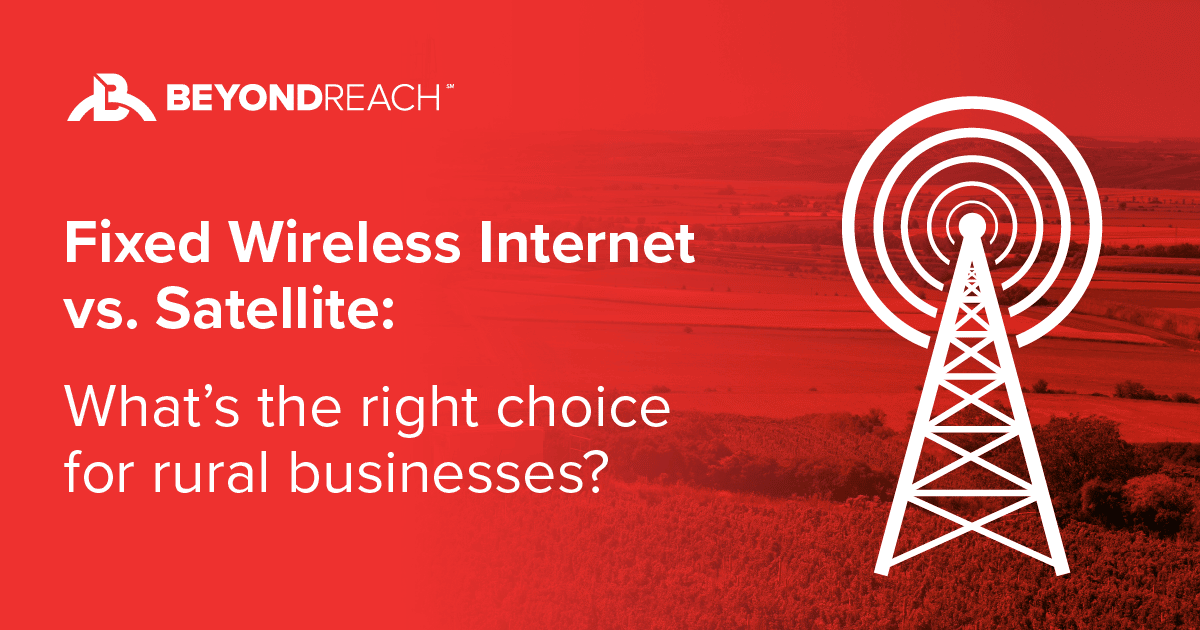The wireless connectivity landscape is rapidly evolving. But while the surge in wireless solutions brings exciting opportunities for businesses seeking reliable, high-speed internet connectivity, the influx of new technologies has created some confusion in the marketplace. This is especially true when it comes to two commonly misunderstood terms: fixed wireless and 5G fixed wireless access (FWA).
Despite their similar names, these wireless options offer distinct capabilities. In this blog, we’ll explore how fixed wireless vs. 5G fixed wireless access solutions stack up to help you make an informed choice about your organization's connectivity strategy.
What Is 5G Fixed Wireless Access?
5G fixed wireless access solutions are becoming increasingly popular, with analysts predicting 93 million 5G FWA connections worldwide by the end of 2025.1 5G FWA functions similarly to mobile phone data as it delivers internet through cellular networks. However, it’s engineered for broader applications than cell phone usage.
5G FWA systems create connections between cellular towers and receivers installed at your business's location, making them useful in areas without extensive cable infrastructure. However, since 5G fixed wireless access operates on cell towers using a shared circuit, connection speeds naturally fluctuate during peak usage periods.

Benefits of 5G FWA
5G FWA offers quite a few advantages that make it an attractive option for specific connectivity needs, such as:
- Quick Setup: Businesses can have 5G FWA systems up and running quickly with minimal infrastructure changes.
- Cost-Effective: Implementing FWA is more economical than installing a new cable infrastructure.
- Flexibility: These solutions are ideal for temporary locations or special events requiring quick connectivity.
What Is Fixed Wireless?
Unlike 5G FWA, fixed wireless solutions can operate independently of cellular networks. Fixed wireless delivers internet over fiber, copper, or wireless infrastructure, providing options for shared circuits, dedicated connections, or private networks through solutions like Dedicated Internet Access (DIA), broadband, or Ethernet Transport.
Fixed wireless connections aren’t impacted by cellular traffic, so they can provide more consistent speeds and performance than 5G FWA options.

Benefits of Fixed Wireless
Fixed wireless technology is highly customizable and adaptable, offering businesses benefits like:
- Consistent Speeds: Dedicated fixed wireless solutions provide reliable performance that is unaffected by local traffic.
- Flexible Configurations: Businesses can choose from shared, dedicated, or private connections based on their requirements.
- Scalability: Fixed wireless solutions are highly flexible and can scale to meet your business’s growing bandwidth needs.
- Enterprise-Ready: Options like DIA and Ethernet Transport offer robust support for demanding business applications.
BeyondReach: Your Partner in Wireless Connectivity
Choosing the right wireless solution can directly impact your business's productivity, reliability, and growth potential. While both fixed wireless and 5G FWA offer valuable benefits, understanding which technology aligns with your unique needs is essential for making the best investment in your connectivity infrastructure.
At BeyondReach, we’re committed to educating our customers about the distinct differences between wireless solutions to help you understand exactly what you're getting and why it's right for your business. If you’re struggling to get internet to business locations in a challenging location, our fixed wireless experts can help.
Reach out today to learn more about how we can provide connectivity in areas where other options don't exist.
Sources:










